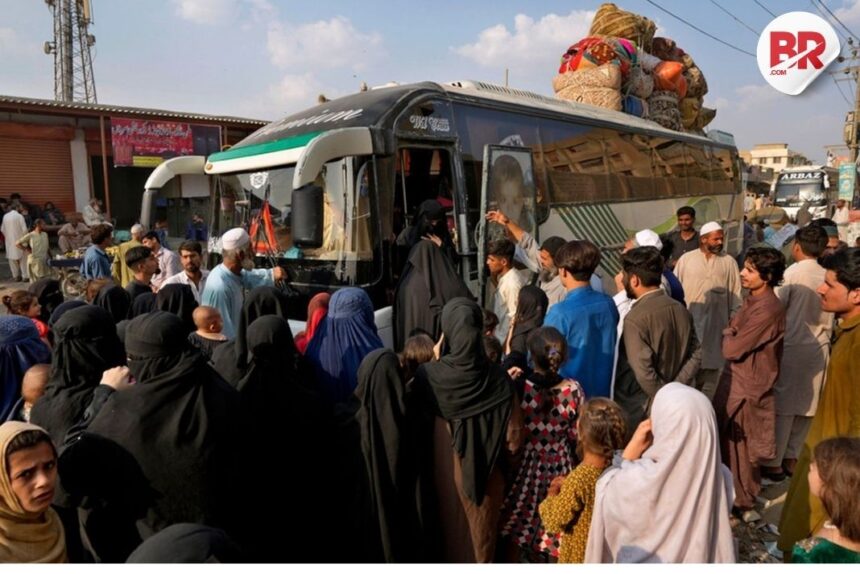
In a major move that has caught a lot of attention, Pakistan has sent back over 84,000 Afghan nationals just before the April 30 deadline. This action has created tension between Pakistan and Afghanistan and raised many questions about what’s really happening.
Why Is Pakistan Sending Afghans Back?
Pakistan says this decision is part of a larger plan to improve border control and national security. For years, millions of Afghans have been living in Pakistan—some for decades—without legal documents. The government now wants to handle the issue of illegal immigration.

What Led to This Action?
Here are the main reasons behind the deportation:
- Security Reasons: Pakistan believes that some undocumented Afghans may be involved in crime or terrorism, so they see deportation as a way to make the country safer.
- Public and Political Pressure: With rising economic problems, many people in Pakistan are demanding that the government take action on illegal immigrants.
- Tensions with Afghanistan: Relations between the two countries are already strained, and this situation is making things worse. Both governments blame each other for not solving the migration issue.
Read More: U.S. Deportation Crisis: Indian Student Challenges Sudden F-1 Visa Revocation in Court
How Are People Affected?
The decision has had a big impact on thousands of Afghan families. Many have lived in Pakistan for years, and this sudden order to leave is causing a lot of pain, worry, and confusion.
For those returning to Afghanistan, life won’t be easy. The country is still dealing with conflict, poverty, and instability. There are concerns that this could lead to a humanitarian crisis.
What Does This Mean for the Future?
The move is likely to further damage relations between Pakistan and Afghanistan. While Pakistan has hosted Afghan refugees for many years—especially after the Soviet invasion in the 1980s—there has always been some tension.
Now, with this sudden deportation, the situation has become more difficult.
Read More: Trump vs. Harvard: Is Higher Education Still About Thinking—or Just Training for Jobs?
The Bigger Picture
This isn’t just about people being sent back. It’s a complicated issue involving security, politics, economics, and human rights. Many international organizations are now watching closely, hoping both countries can work together to find a fair and peaceful solution.
This is just the beginning. In the next part of our series, we’ll look deeper into what might happen next—and what can be done to help those affected. Stay tuned.












